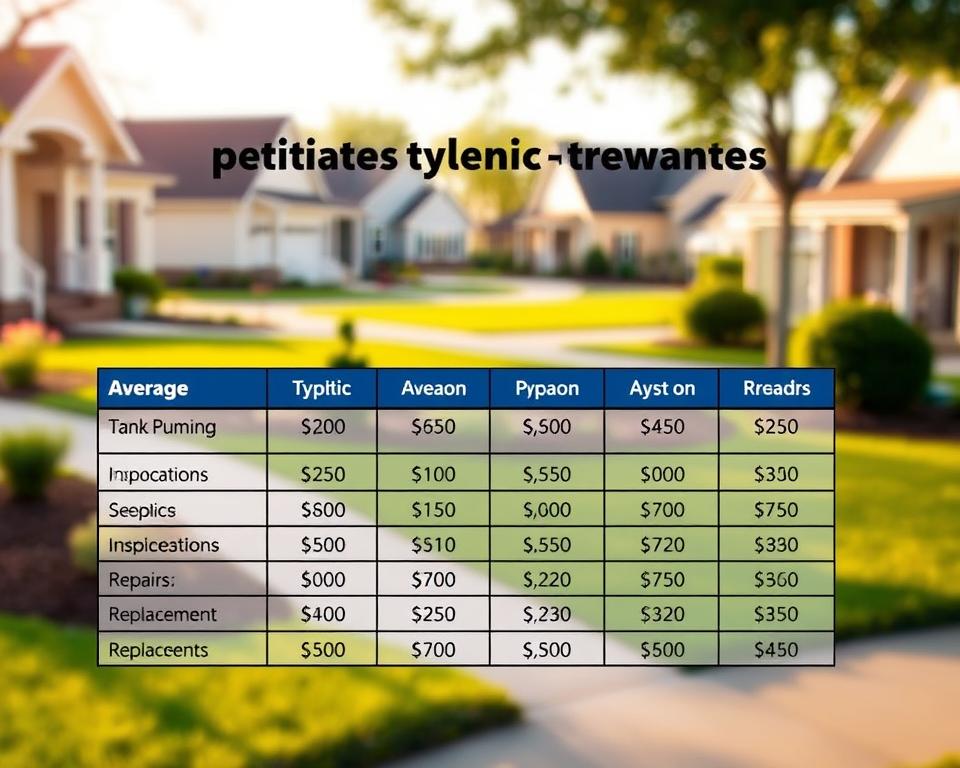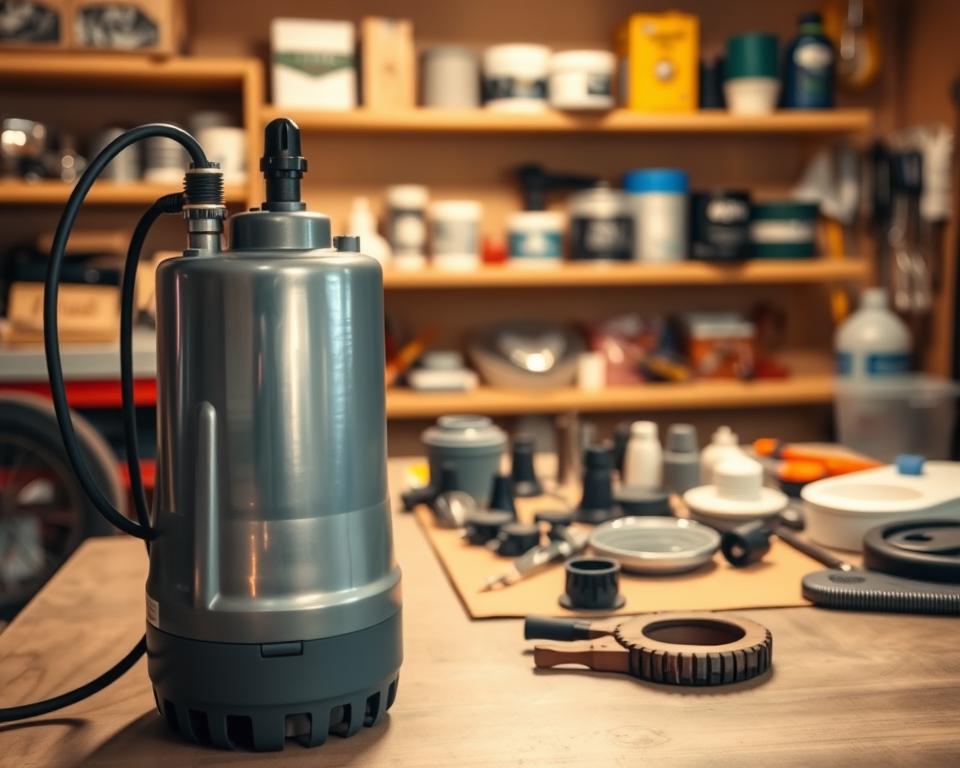Septic System Pumping
Ever pondered how often you should set up septic system pumping so you can dodge hefty failures? With more than 20 percent of U.S. households depending on septic systems, comprehending their maintenance is crucial. Having a clear idea of when to order a septic tank service is key to its lifespan. In addition, there are budget-friendly septic pumping solutions that provide high-quality functionality minus the big price tag. Below, we outline crucial upkeep advice helpful for every homeowner.
Main Insights
- Scheduled septic system pumping is crucial for efficient operation.
- Identifying the indicators that show the need for service can prevent major issues.
- Choosing qualified septic system pumpers guarantees quality maintenance.
- Budget-friendly septic pumping choices are within reach for homeowners.
- Routine inspections support maximum system performance.
Know How Your Septic System Works
A septic system serves a crucial role in managing household wastewater, made up of several integral components that function together. The main drain line channels wastewater from your home to the septic tank, where the process initiates. In the tank, an underground chamber, solids accumulate at the bottom, and bacteria decompose these solids, treating the waste efficiently.
The treated liquid effluent next flows from the septic tank to the distribution box, where it is spread evenly across the drain field or leach field. Here, the soil continues the filtration, additionally purify the wastewater. Understanding the functions of these septic system parts is critical. It empowers homeowners to oversee and maintain their systems properly.
Being aware of how your septic system operates lets you adopt preventive maintenance measures. It’s advisable to have periodic meetings with qualified cleaners of septic systems – septic tank pumping service near me. They provide crucial insights for best functioning of your system. These experts assist in scheduling the essential pump-outs and checks. This diligence can significantly lengthen your septic system’s lifespan.
Why Septic System Maintenance Matters
Caring for your septic tank consistently is critical for homeowners who aim for their system to last. A well-cared-for system delivers peace of mind and safeguards your property’s value. Without proper care, you’re exposing yourself to system breakdowns and health dangers.
Selecting a top-notch septic pumping service is essential. They deliver timely inspections and pump-outs, removing sludge and scum buildup. If maintenance is overlooked, last-minute pumping may be required, which is costly.
Adhering to a regular maintenance plan is wise. It involves professional evaluations and regular pumping. This proactive measure helps avoid urgent issues, creating a more secure living environment for everyone.

How to Tell Your Septic System Requires Service
Staying mindful of septic system issues can sidestep budget-breaking repairs and major damage. Typical signs show when your system requires a check. These include:
- Sluggish drains throughout the house
- Pooling water in the yard above the drain field
- Bad odors near the septic tank or leach field
- Exceptionally green grass growth in certain areas of your yard
These signs could indicate problems that might lead to your system failing. Acting quickly is critical. Calling in septic pumping experts for an inspection assists. Timely action avoids small issues from turning into large ones. Plus, consistent upkeep ensures your system runs well and lasts longer.
Septic System Pumping: Best Practices
Timely pumping of your septic tank is imperative to avoid costly clogs and backups. It’s important to determine the ideal interval for maintenance. Homeowners should usually schedule pumping every 2 to 5 years, based on the tank’s size and household wastewater levels. Heavy use of garbage disposals may demand more frequent pumping.
Employing qualified pumpers guarantees your tank gets a thorough clean and check-up. During pumping, technicians look for any issues, such as damaged baffles. Detecting these problems at an early stage avoids larger expenses and inconveniences later. Scheduled pumping schedules and expert help secure your septic system’s smooth operation.
Why Routine Inspections Matter
Periodic inspections are essential for your septic system’s effectiveness. Septic system inspections highlight small issues before they grow. Experts advise inspections every three to five years, guided by system size and household usage. This avoids costly fixes.
Holding maintenance records is important for monitoring your system’s condition. These records provide insights into previous inspections, repairs, and when to schedule septic tank cleaning services. With this information, planning for future upkeep becomes more straightforward, maintaining septic systems in prime shape.
Consistent inspections and detailed record-keeping not only improve system efficiency but also extend its life. This method protects the environment and the investment in a safe, operational home.
| Inspection Type | Recommendation Frequency | Benefits |
|---|---|---|
| Visual Inspection | Annually | Identify surface issues |
| Professional Inspection | Every 3–5 years | Assess functionality and detect problems |
| Septic Tank Pumping | Every 3–6 years | Prevent overflow and system failure |
Using Water Wisely to Improve Septic Longevity
Smart water use is crucial for keeping your septic system robust. It not only aids the environment but also enhances the performance of your home’s plumbing. By practicing simple, yet effective, conservation methods, homeowners can decrease wastewater.
Stagger your laundry activities over the week instead of completing them in a single day. This enables the septic system to manage water better and prevents tank overflow. Installing low-flow fixtures in your kitchens and bathrooms produces considerable water savings, keeping the water pressure up while lowering the flow rate, thus lowering the amount of wastewater produced each day.
Quickly fixing leaks is another method to support your septic system. Even a small leak can cause a large waste of water, stressing the septic system. Through regular inspections and repairs, you contribute significantly to the system’s efficiency.
Prioritizing water conservation isn’t just advantageous for your septic system; it’s also a step towards sustainable living. Making such practices into your daily routine serves both your household and the planet.
Best Practices for Household Waste Disposal
Homeowners hold a crucial role in keeping their septic system’s health by managing household waste properly. It’s essential to avoid flushing non-biodegradable items like wipes, plastics, and other harmful products in the system. These items can trigger clogs, resulting in costly repairs and a reduction in efficiency.
Converting food scraps and organic materials is a helpful alternative to sending them to landfill. This practice greatly lowers the amount of solid waste entering the septic tank. Emphasizing biodegradable waste disposal helps maintain the ecological balance needed for effective waste management.
It’s important to keep an eye on what goes down the drains. Non-decomposable items can requiredemand more frequent septic tank pumping. By learning and following correct waste disposal methods, you can ensure a more efficient and long-lasting septic system.
Choosing Septic-Friendly Cleaners
The health of your septic system is heavily influenced by your choice of cleaning products. Opting for septic-safe cleaning products is paramount. These products safeguard the balance of beneficial bacteria that digest waste. Many standard cleaners include harmful chemicals that threaten this balance, resulting in costly repairs or system failure.
Homeowners should consider natural alternatives that are both efficient and environmentally friendly. Common household items like baking soda, vinegar, and lemon juice are great choices. These natural cleaners are not only good at cleaning but also encourage your septic system’s health.
Steering clear of products that contain antibacterial agents and chlorine bleach is vital. Such substances damage the helpful good bacteria, compromising your system’s functionality. By picking sustainable products, you ensure both the efficiency and longevity of your septic system.
The Role of Bacteria in Your Septic System
Bacteria perform a critical role in keeping your septic system functional. They decompose solids on their own and improve nutrient processing. A lack of healthy bacteria can cause system failure, creating expensive repairs.
Homeowners can improve their system by using organic additives. These products increase beneficial bacteria, making waste decomposition more effective. It’s important to choose organic additives that are beneficial, not harmful, to the septic environment.
A strong bacterial community is key to a septic system’s longevity and efficiency. It stops solid buildup and reduces the need for regular pumping. Focusing on bacterial health ensures waste management more effective and eco-friendly.
Conclusion
Septic system care is essential for the longevity and functionality of your home’s wastewater system. Adhering to critical maintenance tips prevents costly repairs. Understanding routine pumping and inspections is key. This ensures your septic system stays in excellent condition.
Becoming knowledgeable of your septic system’s operation and proper methods in water and waste management is vital. Engaging professionals like All in Sanitation delivers expertise. This contributes to your septic system’s long-term health and offers reassurance.
Investing in proper septic maintenance today delivers future benefits. It shields your home and enhances your family’s quality of life. Emphasizing septic system care delivers assurance with a well-maintained system.


